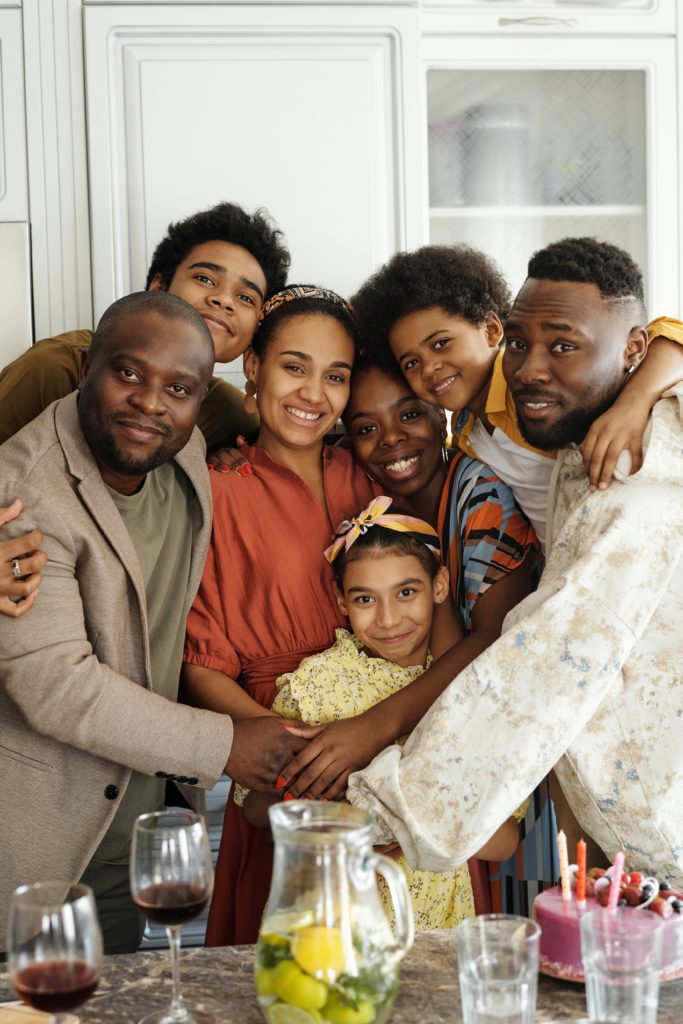There is no place for guilt or pride when you are in the process of appreciating your life, i.e., when you are experiencing gratitude. After all, isn’t appreciating what you have the highest form of gratitude?
As, you know, gratitude is a powerful tool for increasing personal happiness. However, gratitude should be expressed properly and not diminished by negative emotions that commonly rush in to steal your gratitude. Let’s examine how and why this can happen to us.
Why Guilt?
According to this article: Guilt isn’t always easy to understand. Guilt and shame are often confused with each other, though they’re distinct emotions. Guilt describes a sense of regret or responsibility that relates to actions taken. People may feel guilt over things they did wrong, things they believe were their fault or things they had no responsibility for.
For purposes of this discussion, the focus is on feeling guilty for something that you have no responsibility for. Feeling guilt or “shame” for someone else’s situation should not be confused with empathy. In this case, empathy would be the proper emotion. Empathy is the ability to understand and share the feelings of another. When you get your emotions sorted, you will be empowered to potentially offer a helpful solution. One that will help others and increase your mental wellbeing and possibly serve the world at large.
Here’s an example. Suppose the world is in crisis, which it usually is at any given moment, and many are experiencing hard at times. You may experience feelings of guilt for spending on life’s luxuries when someone you may even know might be struggling to make ends meet. There are healthy ways to get through this without feeling guilty for your Gucci bag splurge that you may have worked hard for and deserve.
Here are a few suggestions to help reframe your feelings of guilt and increase your empathy for others:

3 Ways to Feel Grateful Without Feeling Guilty
- Spread the Love through Service or Random Acts of Kindness
Service or financial donations is a great way to increase your empathy and eradicate your guilt. When you feel compassion, not guilt, for others who have less than you, one of the best ways to give is to be of service or donate resources. You may not be able to buy happiness. Yet, you can buy a proper meal for a family in need or serve a meal in a soup kitchen. By taking action, you can transform your guilt into compassion.
You can give away happiness, and that’s just by giving people something you know they will appreciate. Your time. If you then feel guilty about not having the time to be of service, an online search for a local charity is where to donate because there are voluntary organizations that need the cash to help provide for those in need. You can donate to registered charities in under ten minutes. You do have time.
2. Don’t Fall Into the Comparison Trap
We know that “Comparison is the thief of joy”. But it is more destructive. Comparison opens up the pathway to negative emotions that can eat away at your positivity and steal your joy. Once you start comparing yourself, your feelings, your house, your nose, your attitude, and what you have in comparison to others, you are opening yourself up for guilt, or worse, pride. Learn to be grateful without comparing yourself to others.

3. Use Gratitude to Inspire You To Serve Those Dear to You Better
Being grateful for the people you have in your life – as support, mentors, friends, or shoulders to lean on – can bring about guilt too. You could feel guilty because other people that you know are alone and don’t have the support that you do. Or you could experience guilty feelings by not spending enough time or honoring those who care about you the most. Decide to make the changes necessary to spend quality time with those you’re grateful to have in your life. Do what you can to communicate your gratitude regularly. Speaking to people directly instead of text messages can strengthen relationships. You could even send a card or a handwritten note. Transform your guilt by taking simple actions that will inspire positive change, instead of allowing it to deplete your energy. As for those that you might feel guilt towards because they don’t have the love and support that you do, try to extend yourself to them. Who knows you might be the friend they always wanted.
Final Thoughts:
Guilt and gratitude maybe two of the most powerful emotions. However, guilt is one of the most destructive human emotions. This is why it is so important to call it out, even when it is masquerading as the do-gooder. It is a menace that can shapeshift into other deadly emotions. It can be a very heavy burden that can slowly eat away at you and weigh you down unnecessarily. It can creep in unawares and make a nest in your mind. Secretly, stealing your joy, peace, and feelings of gratitude that are rightfully yours to enjoy. It can hold you back from living fully and appreciating the good life that is yours.
On the other hand, gratitude can serve as an antidote to the negative emotion of guilt. You can not feel grateful and guilty at the same time. Even during times of unprecedented suffering, there is a balance. You can empathize with others while preserving your mental health by practicing gratitude.
Practicing gratitude will show up in your actions to help others from a place of empathy and compassion. These are positive healthy emotions that support your mental well-being and prompt you to make a real difference in the world.
Be well + prosper,
Elaine xx
P. S. Read More on this Topic:
